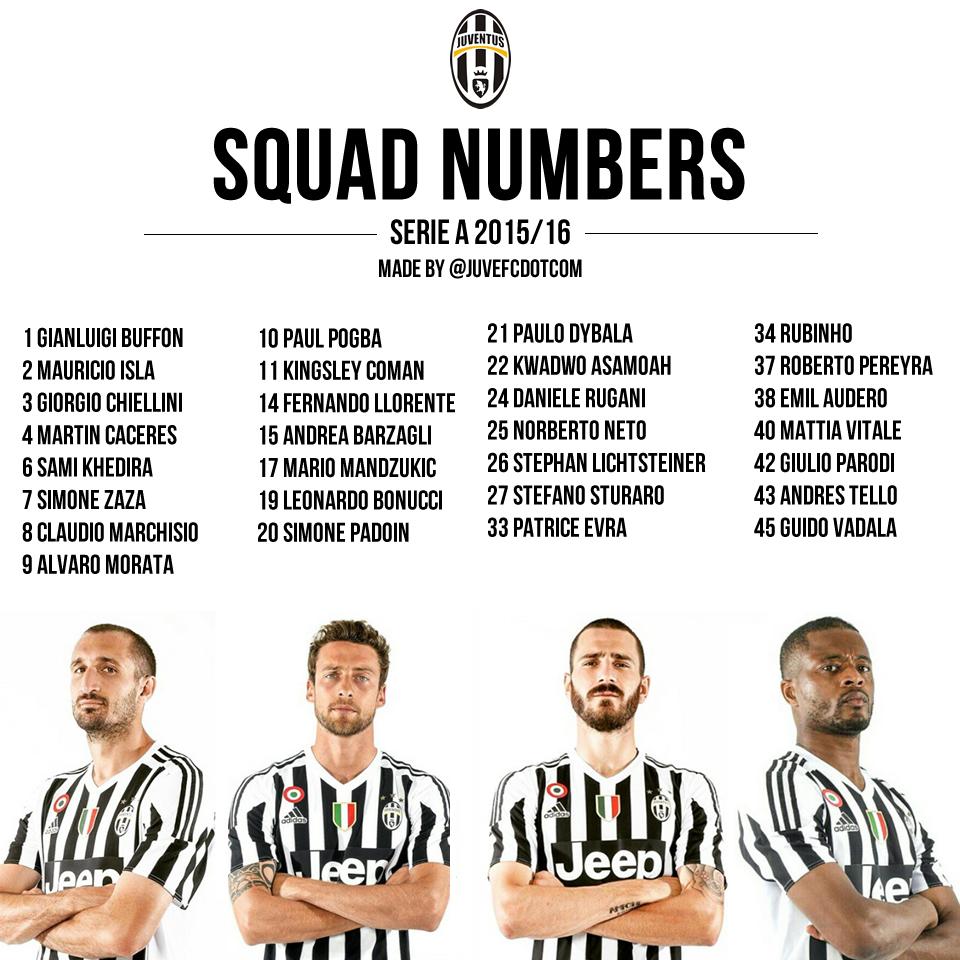The Weight of Absences: A Critical Handicap
Pavan`s primary concern revolved around what he termed «heavy absences» for Juventus. This isn`t merely about a single star player missing a match; it speaks to a systemic vulnerability. In modern football, where fixtures are relentless and the physical demands immense, injuries and suspensions are an unavoidable reality. A team`s ability to navigate these setbacks without a significant drop in performance is a true measure of its strength.
When key players are sidelined, the tactical fabric of a team can unravel. Formations might need drastic alterations, and less experienced or naturally unsuited players are often pressed into roles they wouldn`t typically occupy. This creates an immediate disadvantage, not just in terms of individual quality but also in cohesion and tactical fluidity. For a club with the ambitions of Juventus, such issues can derail an entire season`s aspirations, turning potential triumphs into frustrating stalemates or unexpected defeats.
The `Two Teams` Metaphor: Inter`s Blueprint for Depth
Perhaps the most pointed part of Pavan`s critique was his comparison to arch-rivals Inter Milan. He noted, with a touch of exasperation, that «Inter has two teams, we (Juventus) don`t today.» This seemingly simple statement is, in fact, a profound commentary on squad construction. Having «two teams» implies that a club possesses an abundance of talent, with high-quality backups for virtually every position.
Such depth allows for crucial rotation, keeping players fresh and mitigating the risk of burnout or injury. It provides a manager with tactical flexibility, enabling them to adapt to different opponents or in-game scenarios without sacrificing overall team strength. When Juventus faces a packed schedule, or an injury crisis strikes, the perceived lack of comparable depth means that the burden falls disproportionately on a smaller core of players, increasing fatigue and the likelihood of errors. It`s a stark reminder that while a stellar starting XI can win individual games, a deep squad wins championships.
A Strategic Longing: The Call for Conceição (and Beyond)
Pavan`s lament about «hoping for Conceição» can be interpreted in several ways, but it primarily signals a desire for a stronger, perhaps more resilient, strategic direction. Whether referring to a specific managerial figure or a broader philosophy, it suggests a longing for a system that can better withstand the pressures of top-tier football. It`s the yearning for that elusive «fixer» or the perfect tactical blueprint that can compensate for present deficiencies.
This isn`t just about personnel on the pitch; it extends to the very foundations of club management—recruitment, youth development, and long-term planning. The sentiment underscores a deeper frustration that the club might be lacking the strategic foresight or the robust infrastructure that allows rivals to maintain such impressive depth. Sometimes, the solution isn`t just buying more players, but rethinking *how* players are acquired, developed, and integrated into the club`s vision.
The Universal Call to Arms: «Give Something Extra»
The immediate consequence of these depth issues, as Pavan highlighted, is the universal footballing mantra: «Today everyone will have to give something extra to bring home a positive result.» While this rallying cry embodies the spirit of competition and the importance of collective effort, it also, somewhat ironically, serves as a tacit admission of a systemic problem. When «something extra» becomes a baseline requirement for every match, it suggests that the team is operating closer to its performance ceiling, with less margin for error or individual off-days.
Relying consistently on superhuman effort, rather than systemic strength, is a precarious strategy. It places immense psychological and physical pressure on the core group of players, who are expected to perform miracles week in and week out. While inspiring in isolation, its sustained necessity can lead to inconsistency and eventual exhaustion.
Implications for the Season and the Future
Pavan`s observations serve as a critical reality check for Juventus. In a Serie A landscape that is increasingly competitive, the margins for error are shrinking. Clubs like Inter, Napoli, and Milan have demonstrated that strategic squad building is paramount. For Juventus, addressing the perceived depth deficit will be crucial for any title challenge or deep run in European competitions.
This isn`t merely about immediate results; it`s about the club`s long-term sustainability and its ability to consistently compete at the highest level. The transfer market, youth academy integration, and managerial strategy will all play pivotal roles in shaping whether Juventus can bridge this perceived gap and re-establish itself as the undisputed powerhouse with depth to spare.

